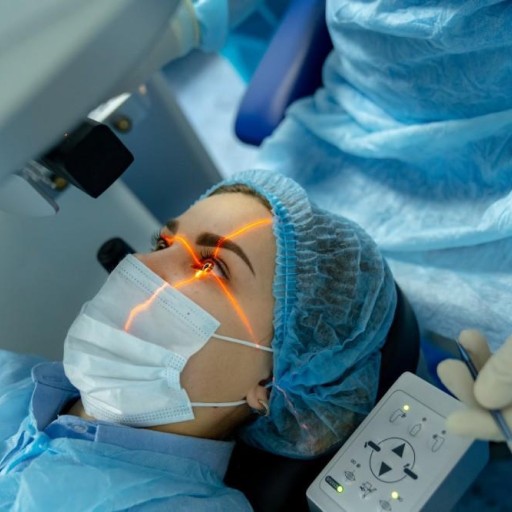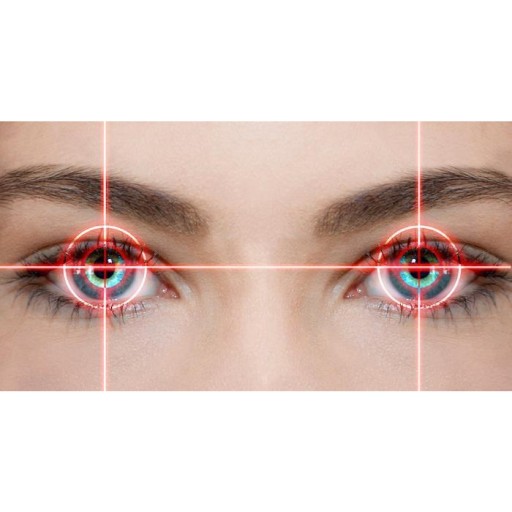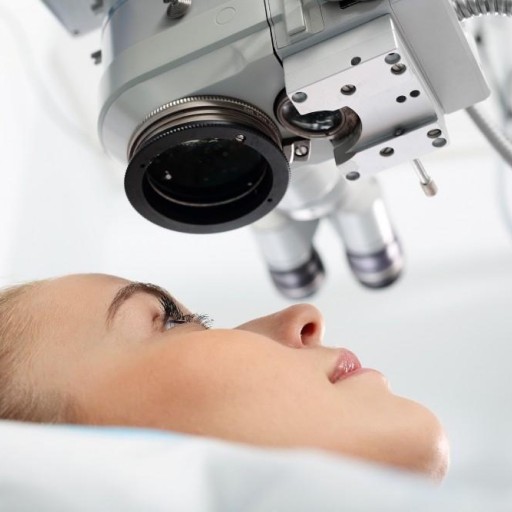Who is a Suitable Candidate for Laser Eye Surgery?
Laser eye surgery is probably the most well known treatment option for refractive vision problems such as myopia, hyperopia, and astigmatism. But who is the ideal candidate for this procedure? Knowing what the criteria are can help potential patients make informed decisions.
Before going into who the ideal candidate for this procedure is, let’s look over some facts. The most popular forms of laser eye surgery are LASIK (Laser-Assisted In Situ Keratomileusis) and PRK (Photorefractive Keratectomy).
Both of them rely on the use of lasers to reshape the cornea. This helps improve how the eye focuses light onto the retina. The main aim of these procedures is to rid the patients of eyeglasses or contact lenses in the future.
Who are the ideal candidates for laser eye surgery?
According to experts, here are the ideal candidates who can benefit the most from laser eye surgery.
●Age
Among the main factors influencing the decision on whether or not one is suitable for this procedure, age is the most important. Most surgeons recommend that the candidate should be at least 18 years old.
By the time one is 18 years old, the eyes become stable. That means your prescription is likely to stick around for a while. Some younger folks might qualify, but they need a thorough check-up and a guardian’s thumbs-up.
●Stable vision prescription
You should have a steady vision prescription for at least one to two years before considering surgery. If your prescription keeps changing, it might signal deeper issues. Candidates with stable refractive errors are more likely to enjoy lasting results from the surgery.
●Eye health
Your eye health matters big time. You need to be free from diseases like:
●Keratoconus: This is when your cornea gets thin and cone-shaped. It messes with your vision.
●Cataracts: Cloudy lenses can ruin your vision quality, especially for older adults.
●Glaucoma: This sneaky condition raises eye pressure, risking damage to your optic nerve.

●Infections or injuries: Any existing conditions that mess with your cornea’s healing or integrity won’t do you any favors. A full eye exam is a must to check your eye health before surgery.
●Corneal thickness
Your cornea’s thickness is key to laser eye surgery candidacy. It needs to be thick enough for reshaping without putting your eye at risk. Surgeons will use fancy imaging tech to measure it during the pre-op assessment.
●Realistic expectations
Many people achieve 20/25 vision or better, but results can differ. Age, the severity of your refractive error, and overall eye health play a role. Be ready—you might still need glasses for tasks like reading or night driving.
Possible side effects or complications
Laser eye surgeries are mostly safe. But in rare instances, certain side effects or complications may arise temporarily. These include:
●Eye pain or discomfort
●Abnormal vision in terms of clarity or views that appear misty.
●Eye irritation
●Ocular disturbances like glare, halos, and strobes.
●Abnormally high or no tolerance to light.
●Patches of blood on the eyeball.
The American Academy of Ophthalmology (AAO) reports that serious or permanent side effects are rare. About 95% of patients have good results after the surgery. A 2017 analysis showed that modern lasers have reduced unwanted side effects.
According to the AAO, complications that eventually lead to blindness or loss of vision are rare after undergoing LASIK. However, the FDA states that LASIK is still quite new. It came into use over a decade ago in 1998, and its long-term safety and efficacy are still unknown to some extent.

Who should avoid laser eye surgery?
While most people meet the requirements for laser surgery, there are others who should completely avoid it, such as:
●Individuals with unstable prescriptions
Individuals whose prescriptions change often should wait for the vision to stabilize. Surgery performed during this period can lead to disappointing results.
●Pregnant or nursing women
People falling under this category are advised not to go for laser surgery. This is due to the hormonal changes that occur during pregnancy and breastfeeding.
●Individuals with certain health conditions
Some underlying medical conditions can make one unsuitable for this procedure.
●Autoimmune diseases: Diseases of this type, such as lupus and rheumatoid arthritis, tend to interfere with the healing process.
●Diabetes: Poor diabetes management with high blood sugar levels can impair healing and lead to vision issues.
●Keloid formation: Individuals who are prone to keloid scars may have complications related to the corneal flap created during LASIK.
●High-risk sports and activities: People who are involved in activities where eye injuries are more likely are advised against laser surgery. While many athletes successfully undergo these procedures, those with a high risk of eye trauma should discuss

Pre-Surgical Evaluation
Before going under the laser, candidates get a thorough pre-surgical evaluation. This helps decide if they’re ready for the big day. Here’s what to expect:
●Comprehensive eye exam: This checks your vision, corneal thickness, and overall eye health.
●Corneal topography: Think of it as a map of your cornea. It shows any bumps or irregularities.
●Pupil size assessment: bigger pupils might mean more night-time glare or halos post-surgery.
●Discussion of medical history: Don’t hold back! Share any medicines, health issues, or eye problems with your surgeon.
The Decision-Making Process
After the evaluation, the surgeon will review the results with you. If you’re a good fit, they’ll explain the procedure, risks, and benefits. This is your chance to ask questions. Don’t hesitate to voice any concerns! You’re in charge of your eyes!
Laser eye surgery can be a game changer for people with refractive vision issues. But don’t think of it as a magic fix. It’s not a one-size-fits-all solution. Many factors come into play. Age, eye health, prescription stability, and realistic expectations are key. These will help decide if you’re a good candidate.
Thinking about going for it? Get connected with an experienced ophthalmologist. They can give you tailored advice based on your unique eye situation and health history.
OTHER NEWS
-
- About the Importance of Home Inspections When Buying a Home!
- By Wendy 24 Apr,2023

-
- What is the Importance and Necessity of Insurance?
- By Anna 24 Apr,2023

-
- Why Should all Young People Have a Credit Card of Their own?
- By Little Grapes 24 Apr,2023

-
- How do I get a Claim After Purchasing Home Insurance?
- By Anna 24 Apr,2023

-
- How to Choose Your Snowbird Home: Rent or Buy?
- By Prodosh Kundu 09 Oct,2024

-
- How Much do you Know About the Hidden Costs of Buying a Home in the US, Apart From the Down Payment and Mortgage?
- By Anna 24 Apr,2023

-
- Hotel Operations: Navigating the Heartbeat of Hospitality
- By Little Grapes 11 Dec,2023

-
- "The TikTok Goldmine: How the Viral Sensation Became a Profitable Giant"
- By Little Grapes 16 Oct,2023

-
- Consolidating Credit Card Debt: Tips and Options!
- By Wendy 30 May,2023

-
- Understanding Credit Life Insurance: A Comprehensive Overview.
- By Wendy 28 Aug,2023

-
- How to invest during a recession?
- By Little Grapes 25 Sep,2023

-
- The Application of Blockchain Technology in the Financial Industry
- By Prodosh Kundu 05 Jun,2024

 1
1 1
1